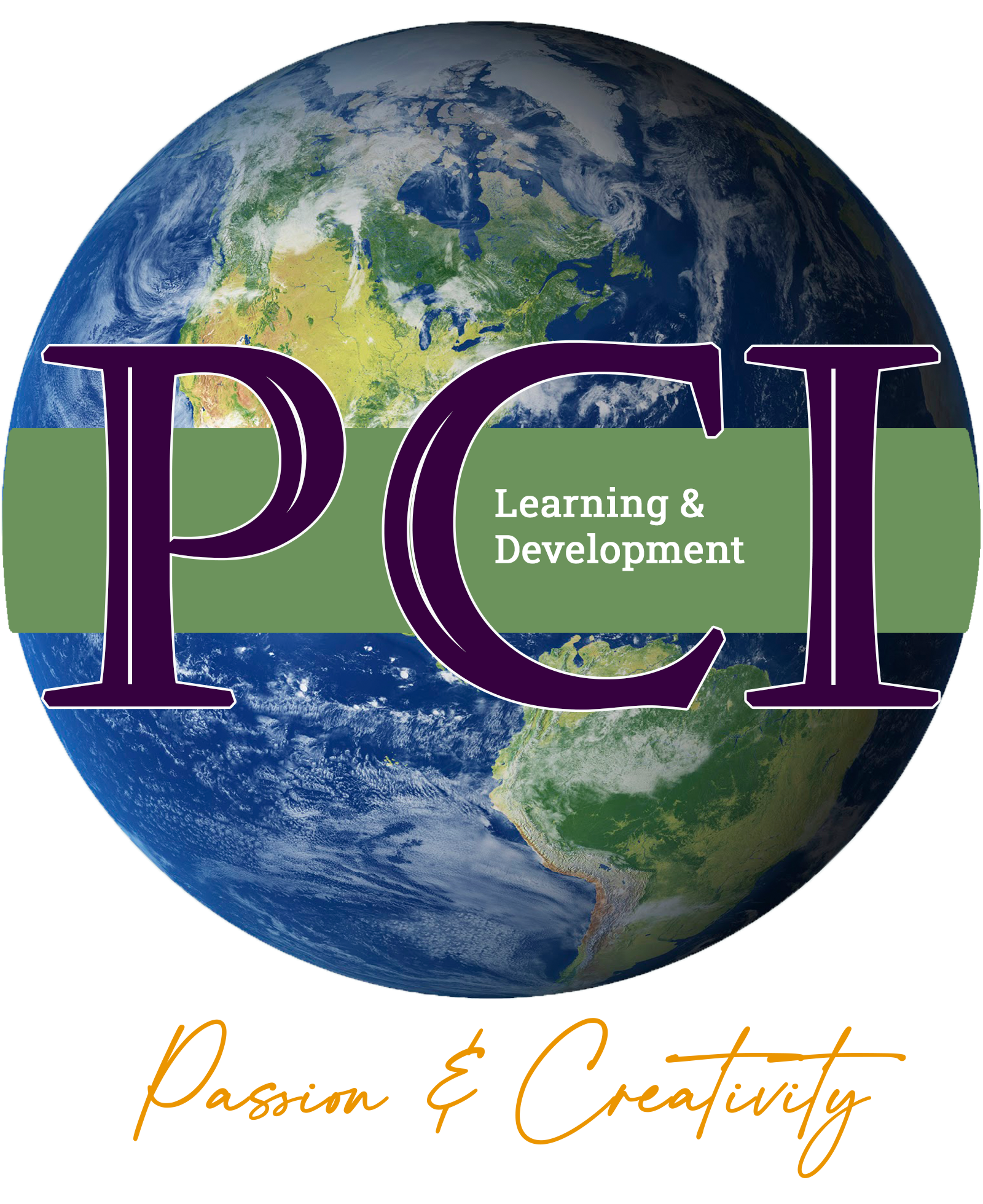Introduction:
Communication is the essence of human interaction; it is how we send and receive messages and how we exchange ideas & information to reach our desired results.
Social Intelligence is a necessary skill for effective communication. Possessing high social intelligence helps you manage impulses, communicate with others effectively, manage change well, solve problems, build rapport, have empathy, and remain optimistic in the face of adversity.
As a business professional, you must also be able to communicate effectively through the written word if you are going to succeed in today’s business environment.


